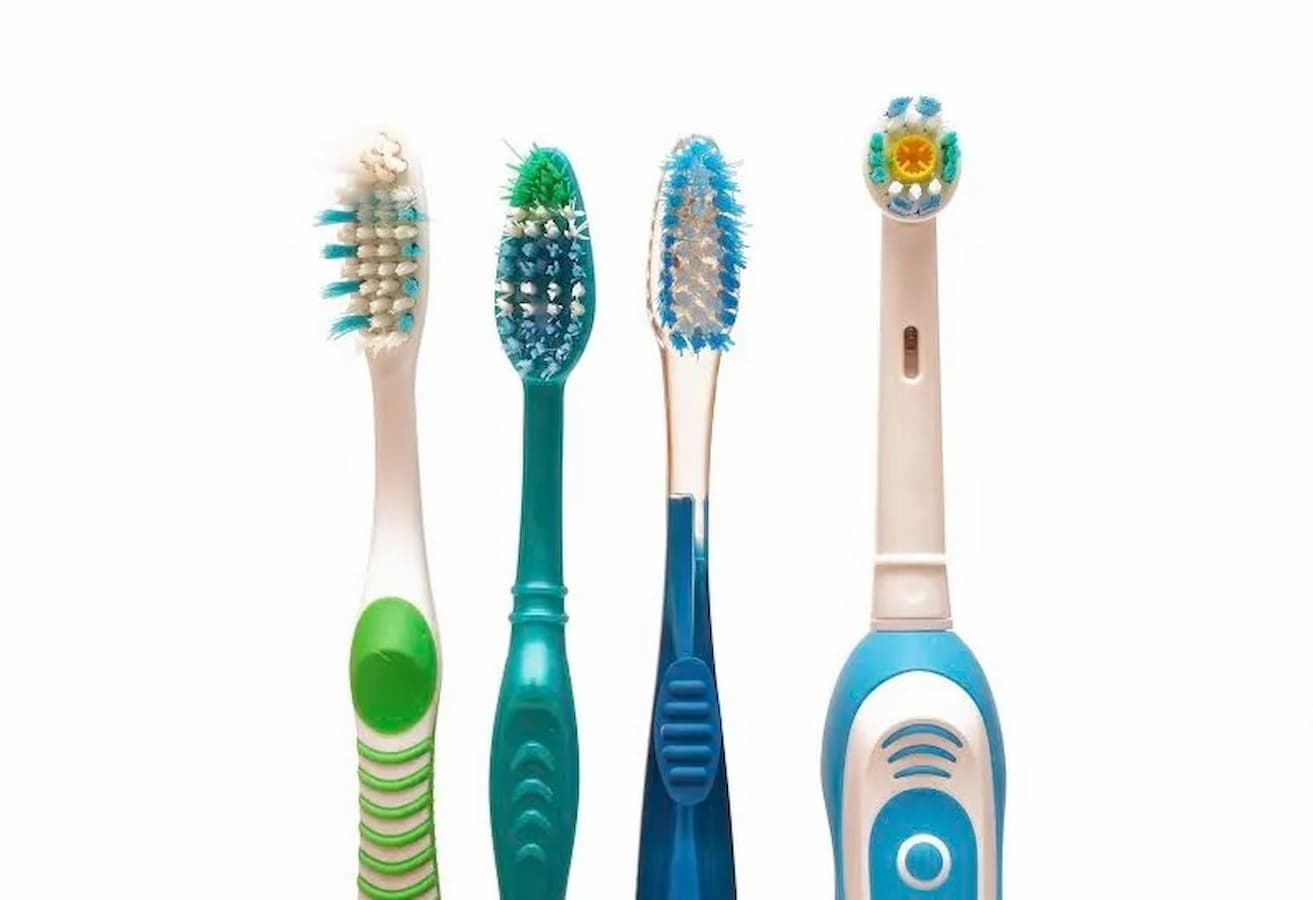3 Important Tips for Taking Care of Your Toothbrush

What most people forget is, oral hygiene also involves taking care of your brush. To effectively eliminate bacteria from your teeth, your brush requires proper care; otherwise, your efforts to maintain healthy teeth will be unfruitful. This blog post highlights critical tips you need to care for your brush.
How to Care for Your Toothbrush
Caring for your toothbrush will extend its lifespan and help clean your teeth thoroughly. Follow these tips for proper care of your toothbrush brush.
Don’t apply too much pressure when brushing
Brushing harder does not mean your teeth will be cleaner, or you will eliminate all the food debris and plaque. In fact, you may damage your enamel in the process and expose your teeth to severe problems like staining and corrosion.
On the other hand, your toothbrush may also suffer due to the force and pressure. The bristles will wear out fast or fall and might not effectively clean your teeth. Instead of using pressure, you need gentle and repetitive motion to clean your teeth properly.
Rinse it thoroughly
After cleaning your teeth, ensure you rinse your brush well to remove the remaining toothpaste, saliva, and bacteria. Warm water works well because it loosens up and removes bacteria trapped between the bristles.
Store it upright
Keep your brush upright to air out after rinsing. Covering it will keep it moist, and bacteria may breed in such an environment. Also, store it away from the toilet because contaminants may spread and find their way on your toothbrush.
When To Replace Your Toothbrush
A new brush may feel different and uncomfortable to use because the bristles are still firm. However, they are necessary at some point. If your toothbrush is getting old and the bristles are bent, fallen, or frayed, it’s time to get a new one.
Also, in that frayed and worn state, your toothbrush may be challenging to clean; therefore, it may harbor bacteria, stains, and dirt. The American Dental Association and our dentist in Tulsa recommend changing your toothbrush every three to four months.
Whether you are using bamboo, electric, or a regular brush, as long as the bristles are frayed, you need to change it within the recommended period for effective cleaning.
Bottom Line
Caring for your toothbrush is crucial for your oral hygiene. The tips discussed above are simple yet effective in maintaining your toothbrush in good condition and cleaning your teeth effectively. If you need help finding the best toothbrush for your teeth, consult our Tulsa dentist today.